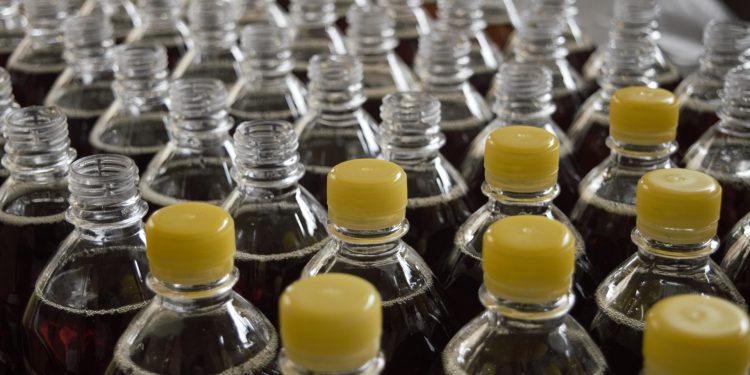The UK’s Food & Drink Federation has said manufacturers can take advantage of consumer and supplier demand for sustainability through new product labelling systems.
In a new handbook on reducing emissions, it says consumers increasingly demand lower impact products.
The Federation calls on members to reduce their environmental impact immediately by switching to sustainable refrigerants, through upgraded to equipment with low global warming potential.
It says, “you will achieve Net Zero manufacturing by decarbonising heat processes, sourcing 100 per cent renewable electricity, and switching to sustainable refrigerants.
“The main source of emissions from refrigeration is from electricity consumption, but leaks of are also a major component of refrigeration emissions. On average refrigeration accounts for around 4 per cent of all emissions from food processing – though it could be much higher for companies with substantial refrigeration needs or leaky equipment.”
“Manufacturers should exert influence across the value chain”
The total emissions associated with food and drink consumed in the UK is 165 million tonnes of carbon dioxide equivalent, accounting for around 21 per cent of the UK’s total carbon footprint, it says.
Manufacturers can help reduce wider emissions even if they do not directly control them, by exerting influence across the value chain.
Processing raw ingredients into finished food and drink products creates 6 per cent of the UK’s emissions, packaging represents 3 per cent and transport 5 per cent.
Chief Executive of the Food and Drink Federation, Ian Wright, said COP26 in Glasgow came at a pivotal time, “as the food and drink industry looks to address both the causes and consequences of climate change, ambitiously aiming to move towards Net Zero.
“This brand-new tool will support, and guide businesses make even more crucial steps.”























